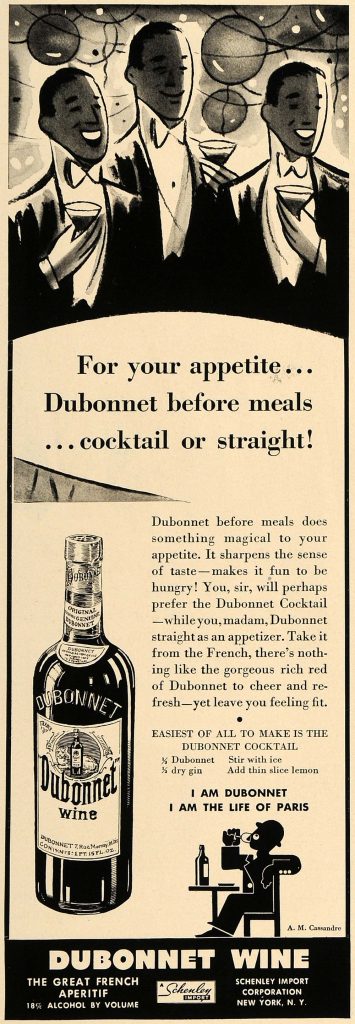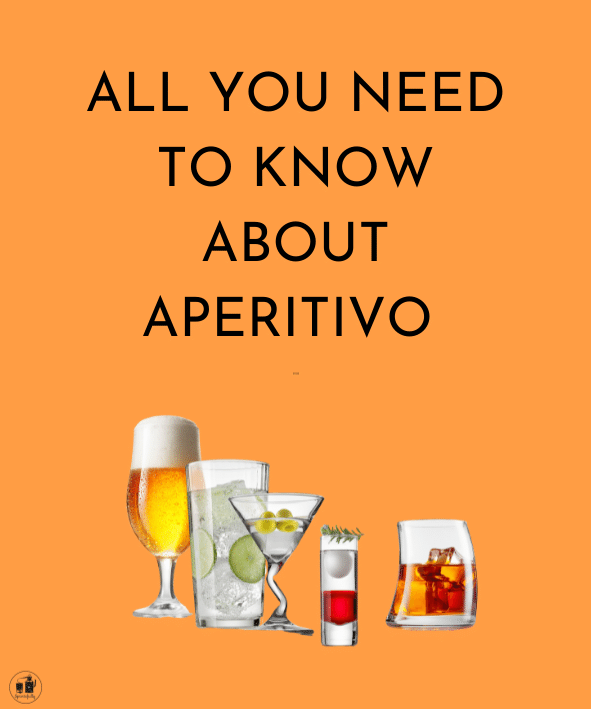Let’s start with the first and obvious question: Where does the word come from? What does it mean? “Aperitif” comes from the Latin “aperire” which means “to open”… not a bottle, but the natural escape routes… In other words, this drink was considered …
a laxative!
If the word is today attached to the idea of alcoholic drink, the aperitif was originally a medicine. In the Encyclopedia, Diderot and d’Alembert (18th century) explain that “Aperitifs are suitable in all cases where obstruction is the cause or effect of the disease”.
At the same time the meaning evolves, and the idea spreads that the aperitif must above all “open” … the appetite.




We sometimes read that the Romans were the first consumers of aperitifs. However, their “libation” had little to do with this practice, and the same goes for the Greeks and their symposion. These reinterpretations of history with today’s glasses disguise reality. It seems more accurate to me to consider that this practice, as it is practiced today, was born in the 19th century, particularly at the time when vermouth developed and the marks of vermouth appeared. They are the ones who are going to put this practice in the minds with their advertisements.
Turin is a formidable centre for the development of white wine-based vermouth. Many other manufacturers come from this region, such as Martini and Rossi, who founded their distillery there in 1863. 150 kilometres away, in Milan, in 1860, the Campari distillery was created.
Close by, in France, it is in Savoie, land of plants and herbs (and which became French at that time), that we find traces of the first aperitifs. Indeed, it was there that the herbs (wormwood, aniseed, gentian…) were distilled in alcohol to make “medicines” – only afterwards were these drinks consumed for pleasure.
Further south in the Hérault, in 1811, Joseph Noilly macerates herbs from the Pyrenees and Languedoc in local wine. He thus created his famous Noilly vermouth. This is a particular category of absinthe-based aperitif (“wermut” in German), characterized by its bitter taste.




















